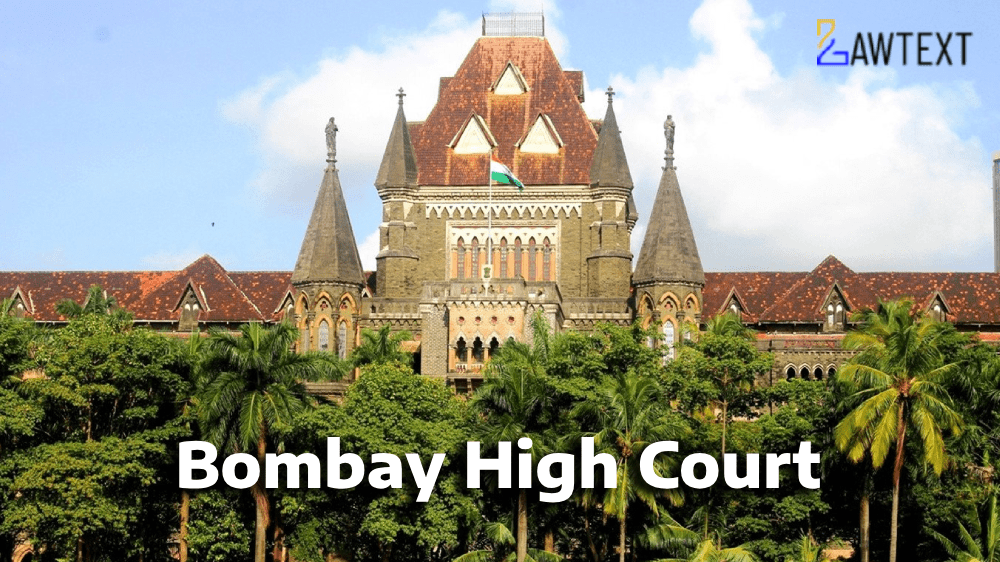CASE NOTE & SUMMARY
The Bombay High Court, in the case of The State of Maharashtra vs. Sunil Rama Kuchkoravi, upheld the death sentence awarded to the convict, Sunil Kuchkoravi, for the gruesome murder of his mother, Yallava. The court confirmed the sentence under Section 302 of the Indian Penal Code, ruling that the case falls under the “rarest of rare” category due to the brutal nature of the crime. The convict was found to have killed and disemboweled his mother, possibly engaging in cannibalistic acts. His defense of intoxication and insanity were both rejected for lack of evidence.
The case involves a brutal matricide where the convict, Sunil Kuchkoravi, murdered his 60-year-old mother, mutilating her body in an extreme and barbaric manner. The court deemed the offense as falling under the “rarest of rare” cases, confirming the death penalty while dismissing arguments of intoxication and insanity. The forensic evidence, including DNA reports, corroborated the prosecution's case.
1. Case Background:
- Case Title: The State of Maharashtra vs. Sunil Rama Kuchkoravi.
- Incident: On 28.08.2017, in Kolhapur, Sunil Kuchkoravi murdered his mother Yallava by disemboweling her with a Sattur and knives.
2. Trial and Conviction:
- Sessions Court: Sunil was sentenced to death by the Additional Sessions Judge, Kolhapur, for murder under Section 302 IPC.
- Appeal: No appeal was filed by the convict; the confirmation of the death sentence was referred to the High Court.
3. Crime Details:
- Murder and Mutilation: Sunil attacked his mother, mutilated her body, and removed her organs. It was discovered he had intended to cook her body parts.
- Witnesses: A young girl (PW-6) and the convict's brother Raju (PW-4) witnessed the aftermath of the murder. They saw Sunil covered in blood near his mother’s disemboweled body.
4. Motive:
- Financial Conflict: Sunil frequently harassed his mother for her pension, and this was seen as the motive behind the murder.
- Cannibalism: The court noted the possibility of cannibalism, with evidence indicating Sunil prepared to cook his mother’s organs.
5. Forensic and Circumstantial Evidence:
- Autopsy & DNA Reports: The forensic evidence, including blood samples and DNA profiling, matched the convict with the crime scene, confirming his involvement.
6. Defense and Rejection:
- Insanity Defense: Sunil’s claim of insanity under Section 84 IPC was dismissed due to lack of medical evidence.
- Intoxication Defense: The court also rejected his claim of intoxication, as no proof was provided to support this.
Ratio Decidendi:
The court applied principles from landmark cases like Bachan Singh vs. State of Punjab and Machhi Singh vs. State of Punjab, highlighting the need to balance aggravating and mitigating circumstances when considering the death penalty.
-
Aggravating Factors:
- The extreme brutality of the murder, including mutilation and possible cannibalism, made the case fall under the rarest of rare category.
-
Mitigating Factors:
- Sunil’s background as an illiterate laborer and lack of prior criminal history were considered but found insufficient to mitigate the death penalty.
Acts and Sections Discussed:
- Section 302 IPC: Punishment for murder, under which the death penalty was awarded.
- Section 366 CrPC: Mandatory confirmation of a death sentence by the High Court.
- Section 84 IPC: The defense of unsoundness of mind, which was rejected.
- Section 85 IPC: Intoxication as a defense, which was also rejected.
Subjects:
Criminal Law, Death Penalty, Matricide, Rarest of Rare Doctrine
Murder, Cannibalism, Death Sentence, High Court, Criminal Appeal, Indian Penal Code
Citation: 2024 LawText (BOM) (10) 7
Case Number: CONFIRMATION CASE NO. 1 OF 2021
Date of Decision: 2024-10-01
Case Title: The State of Maharashtra Versus Sunil Rama Kuchkoravi
Before Judge: REVATI MOHITE DERE & PRITHVIRAJ K. CHAVAN, J.J.
Advocate(s): Mrs. P.P. Shinde, APP for the appellant – State Dr. Yug Mohit Chaudhry for the respondent
Appellant: The State of Maharashtra
Respondent: Sunil Rama Kuchkoravi

